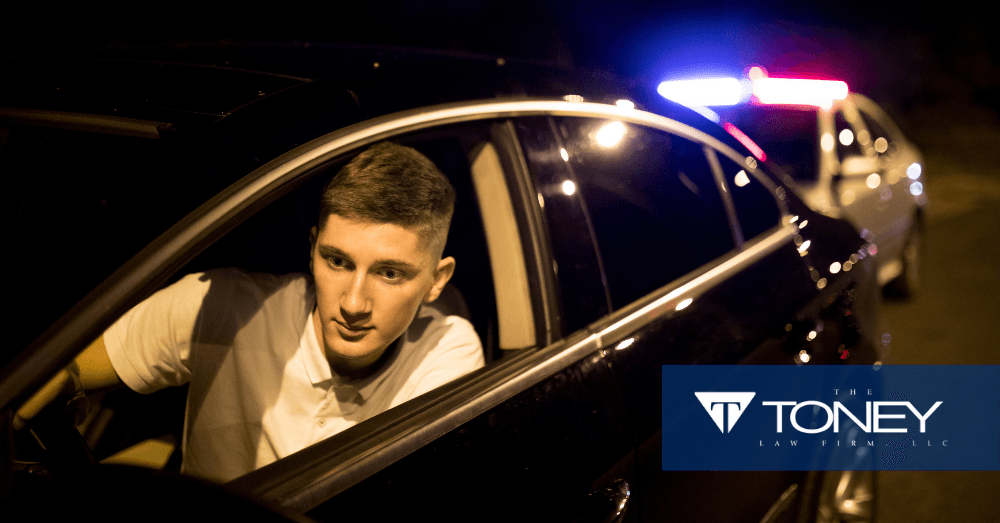The police are required to follow specific protocols when stopping, investigating, and arresting drivers for DUI. If they stray from the requirements, the stop may be considered illegal. After being charged with DUI following an unlawful police stop in Illinois, you have rights.
What Makes a Police Stop Illegal?
First, the stop must begin for a valid reason. In other words, the police need to have a clear cause for pulling the driver over. They cannot stop a driver for no reason. Technically, the officer does not have to tell the driver the reason for the stop but they will need to be able to explain the reason if there is a future criminal case.
If the police officer asks the driver why they believe they have been pulled over, the driver should always say they don’t know. Providing a guess or any examples can be seen as an admission of guilt, or the driver could be providing the police officer with a reason for the stop if they did not initially have one.
Second, the police must follow the laws regarding search and seizure. There are only a few instances during which the police officer can conduct a search of a driver’s vehicle without a warrant. This includes if they get the driver’s consent for a search or if they can see evidence when looking into the vehicle.
The stop may be deemed illegal if the police violate the driver’s constitutional rights at any point during the traffic stop.
What Makes an Arrest Illegal?
Even if the stop was technically legal, the arrest may not be. For the police to make a valid arrest, they must have probable cause. This means that they must have collected enough evidence that it is reasonable to believe the driver has committed a crime.
The police may collect evidence from:
- Breathalyzer test results showing the driver’s BAC over the legal limit
- Failed field sobriety tests
- Driver confession
- The scent of alcohol or drugs from the driver’s breath or within the vehicle
If the above evidence gives the officer reason to believe that the driver is under the influence, they can arrest them. However, if the evidence is not supporting that the driver has broken the law and the officer still moves forward with an arrest, their probable cause for arrest can be challenged.
If You Suspect You Were The Victim of an Illegal Stop And Arrest
It can be complicated to know for sure whether or not the officer violated the law when stopping or arresting you. However, if you have any reason to believe that they did, there are things you can do to protect yourself and your rights.
The first thing you should do after any arrest is contact a defense attorney. Having a defense attorney by your side is the best way to ensure you are doing everything possible to reach a positive case outcome. Defense attorneys have extensive knowledge of the relevant laws and experience handling numerous types of DUI cases They can provide you with invaluable information and guidance. After hiring a defense attorney, you should explain to them your reasons for believing the stop or arrest may have been illegal.
Next, take detailed notes about your DUI stop. This information will be crucial in proving that the officer made an illegal stop and/or arrest. If possible, collect any photo or video evidence that supports your claims.
Additionally, you may have witnesses that can vouch for your account of events. For example, were there any passengers in your car at the time of the stop? Who were you with prior to the stop? Consider who could provide strong witness testimony to support your defense.
You and your attorney will be able to work together to figure out the best course of action after an illegal DUI stop.
Chicago DUI Defense Attorneys
Do you believe you were the victim of an unlawful police stop? The Toney Law Firm, LLC wants to help. Contact our team today to share the events leading up to your stop and arrest, as well as the information about charges you are facing. Once we get a solid understanding of your case, we can direct you on the next best steps. Call us today at (888) 473-4058 or click here to reach out online.


